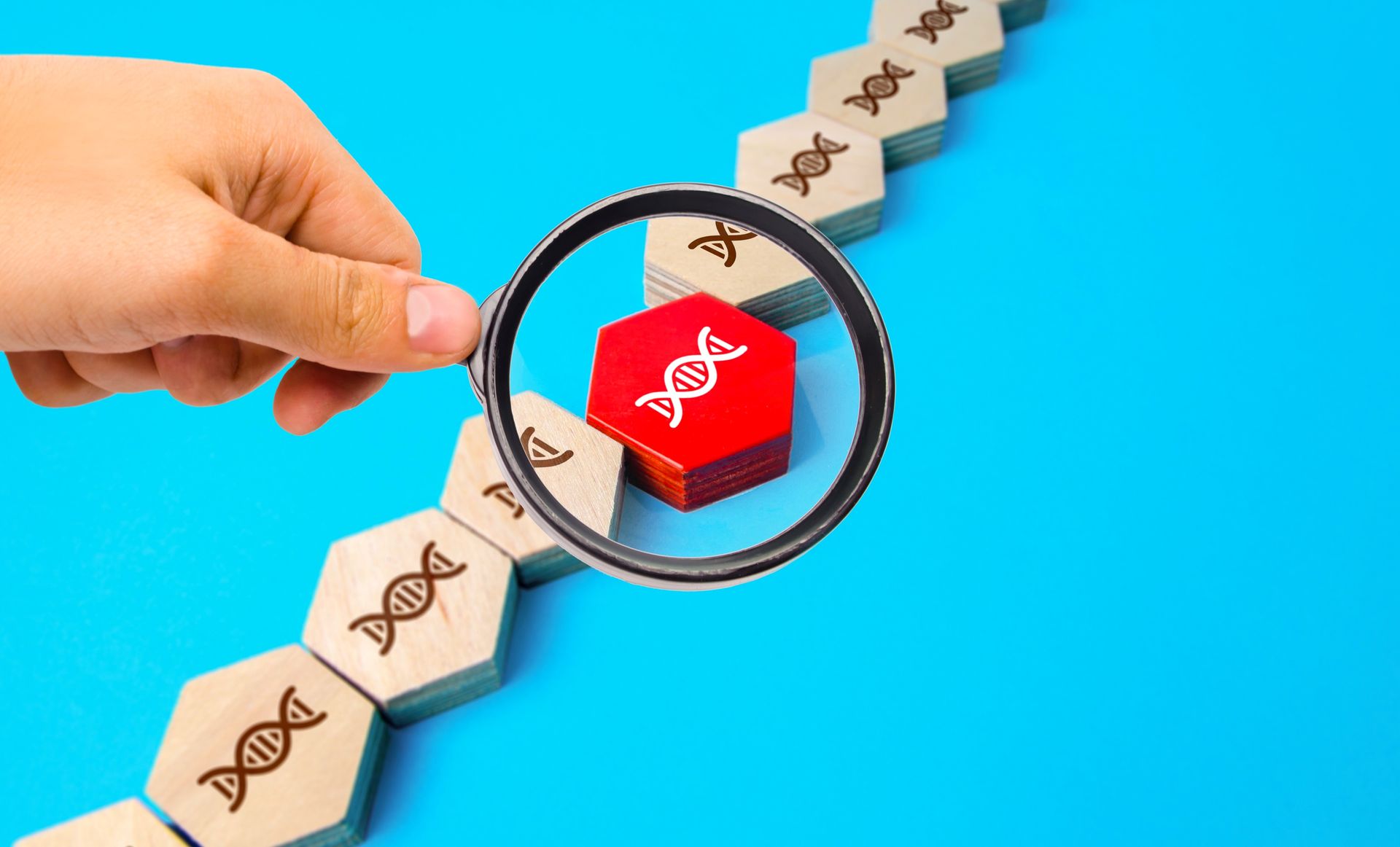Specialized Diets
Patients with Special Diets
National Nutrition Month is an annual promotion every March started by the Academy of Nutrition and Dietetics in the United States. Like last month where we focused on Heart Health, this month is designated to hit on the importance of nutrition. Being a caregiver at CritiCare, you may be working with a patient who requires a special diet. Some clients may require this due to medical conditions or food allergies.
It's crucial to always review the care plan before reporting to a case. Patients with certain medical problems may need to follow a more restrictive diet. Diabetes is an example of a medical condition where eating well can potentially prevent or delay health complications, according to The Center of Disease Control and Prevention. By following any medication/food schedules and keeping an eye on their blood sugar levels, you can help keep your client safe. Additionally, depending on the individual, he or she may have a certain calorie intake they must follow, or other specialized instructions. Being aware of your patients’ dietary restrictions will allow you to provide the best care for them throughout the day.
Another possibility for patients is food allergies, so it's critical to regularly review the care plan to make sure you are aware of what foods to avoid. Since food allergies cannot be cured, it's important that you are ready for any allergic responses that may occur. In cases where food allergies are more severe, action plans for patients may be included in their care plans. A food allergy can cause symptoms such as hives, rash, difficulty breathing, or digestive problems, although each person's reaction is different.












